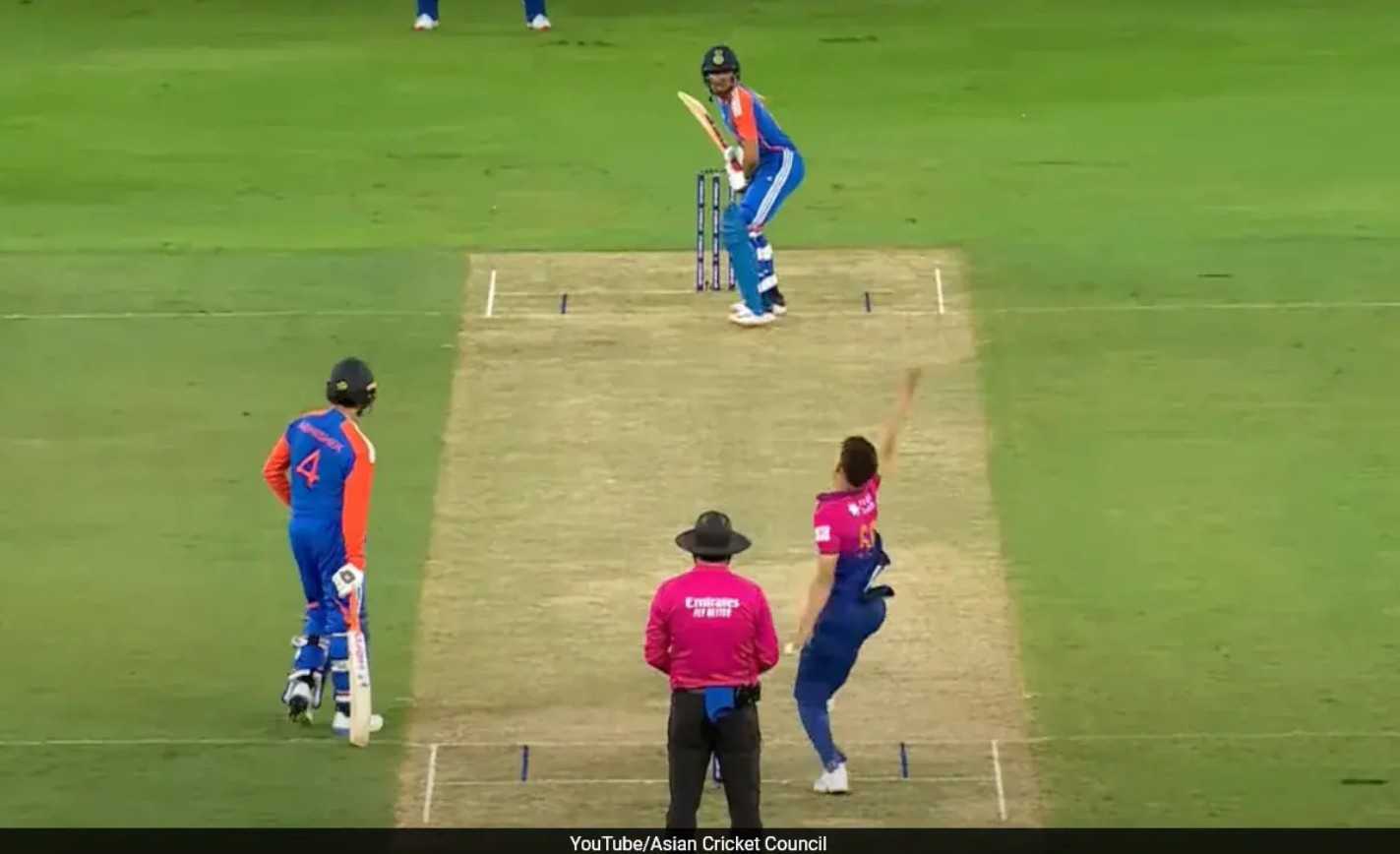Justice Atul Sreedharan Exposes Fear, Subjugation & Feudal Culture Within the Judiciary.
In a scathing judgment that has sent shockwaves through India’s legal circles, the Madhya Pradesh High Court has likened the relationship between High Court and District Court judges to that of feudal lords and serfs. The court said the existing judicial system is not based on mutual respect but on fear, submission, and psychological subjugation.
“Feudal Lords and Serfs”: A Stark Metaphor for Judicial Inequality
Delivering his order in the case of a terminated Special Judge (SC/ST), Justice Atul Sreedharan noted that:
- The District Judiciary functions under a morbid fear of the High Court.
- District Judges often greet High Court Judges with body language so subdued it “stops short of grovelling.”
- They are treated as “the only identifiable species of invertebrate mammals.”
The court even described humiliating practices where District Judges receive High Court Judges at railway stations, serve refreshments, and avoid sitting in their presence, calling it a reflection of colonial decadence and entitlement.
How Fear Undermines Justice
The judgment highlights that institutionalised fear has severe consequences:
- Bail is often denied even in deserving cases to avoid displeasing the High Court.
- Convictions are recorded without sufficient evidence.
- Trial judges avoid discharging accused persons out of fear of administrative backlash.
Such practices, the court warned, compromise the very foundation of the rule of law.
A Judge’s Career Destroyed Over Judicial Discretion
The case involves a former Special Judge of the SC/ST Court in Madhya Pradesh, who was dismissed from service in 2015 after granting bail in Vyapam-related cases.
Key facts:
- He had 28 years of unblemished service.
- Termination was based solely on police officers’ statements, with no complaints from litigants or evidence of corruption.
- His dismissal was deemed a gross miscarriage of justice driven by administrative disagreement.
The High Court ruled that judicial orders cannot be grounds for disciplinary action unless dishonesty or corruption is proven.
What the Court Ordered
The Madhya Pradesh High Court’s division bench quashed the dismissal, directed:
- Reinstatement with all retirement benefits.
- Back wages with interest.
- ₹5 lakh compensation for trauma and humiliation.
Justice Sreedharan emphasized that a judiciary functioning under constant fear cannot deliver justice—it will only “dispense with justice.”
A Call for Introspection in India’s Judiciary
The judgment is a wake-up call for the Indian legal system, urging serious introspection into hierarchical power dynamics that reduce the independence of trial courts—the first tier of justice for most citizens.
“The real measure of the rule of law lies not in the High Court’s independence, but in the fearlessness of the District Judiciary,” Justice Sreedharan concluded.
Key Takeaways
✅ Madhya Pradesh HC compares judicial hierarchy to feudal lords and serfs
✅ Systemic fear leads to wrongful convictions and denied bail
✅ Caste system metaphor used to highlight deep-seated inequality
✅ Special Judge dismissed in 2015 reinstated with compensation
✅ Calls for urgent judicial reforms to protect District Court independence



